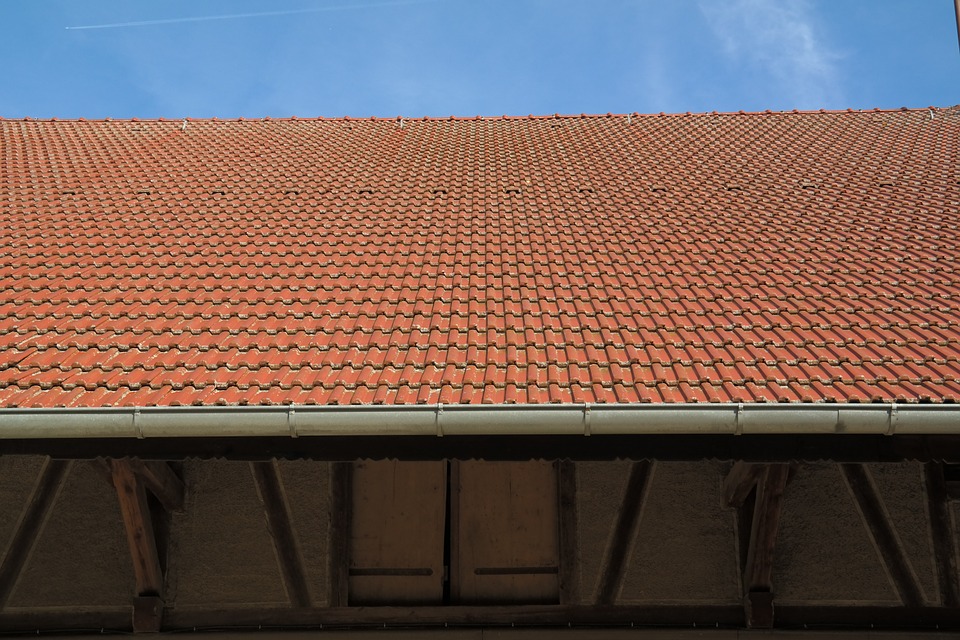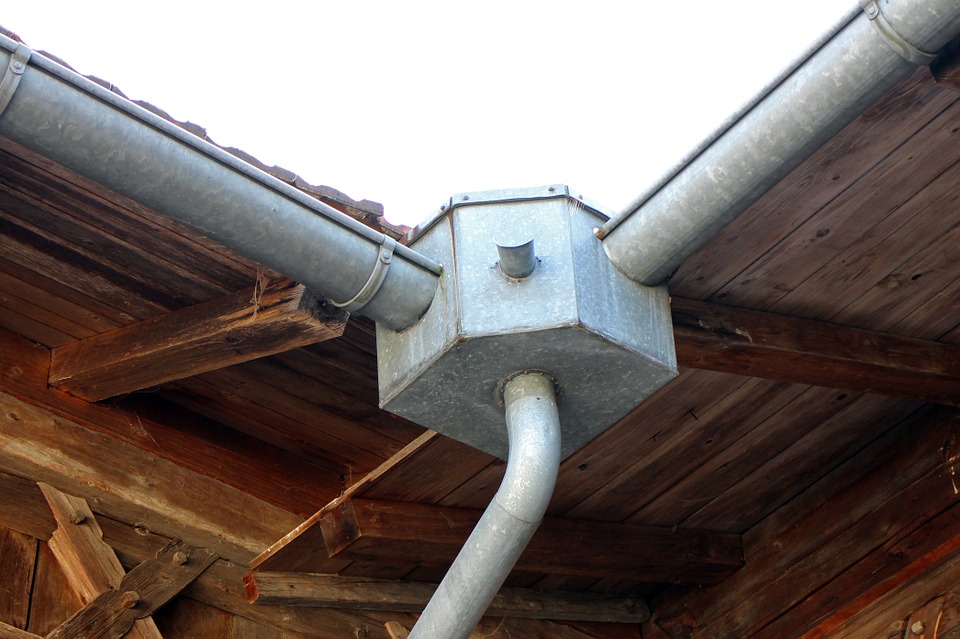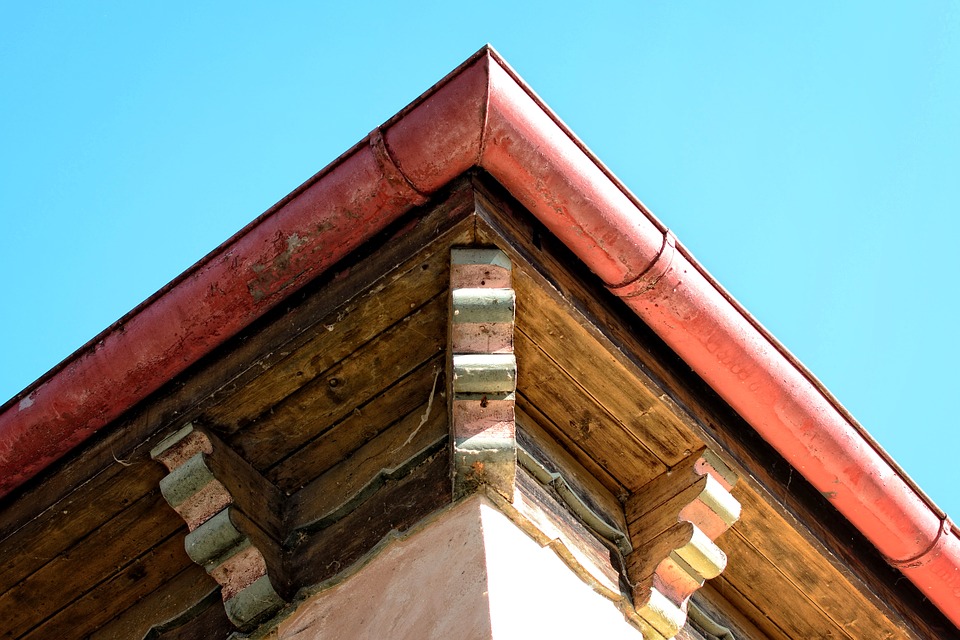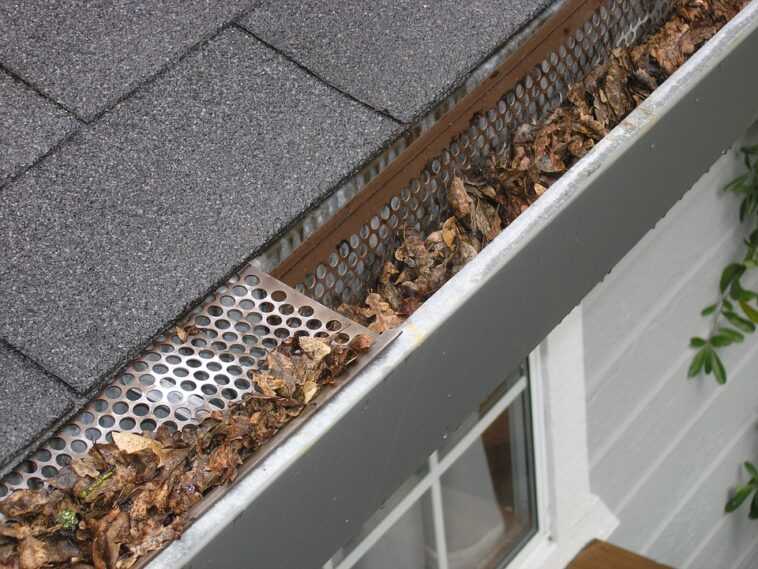We all know that a clean gutter is crucial for the functioning of every home. That is why it is important that we leave the cleaning of gutters to professionals – because they have all the necessary equipment, and thanks to many years of experience, they know how to approach this job. Still, the question is: How often should your house gutters be professionally cleaned?
Gutter Maintenance Is Of Great Importance For The Entire House
Gutters are used to drain rainwater, and every building must have them – regardless of whether it is a ground floor house or a multi-story building. However, all kinds of things can get stuck in the gutters. That means that the rainwater will not be able to flow normally, and this leads to a spill on some part of the gutter. That can cause additional damage to your house – and you certainly don’t want that.
Clogging of gutters on houses usually occurs during spring or autumn – when raining is more frequent and abundant. Therefore, it is very important to perform primary cleaning and unclogging of drainage and rain gutters on time. This is actually part of what we call regular maintenance. However, in addition to what we can do on our own – we also need the help of professionals. That way, our gutters will be ready for the fall and winter season – so that they do not start to loosen at the joints or leak water.

How Often Is It Necessary To Clean Gutters Professionally?
Since, over time, leaves, and mud accumulate in the gutters, as well as moss and other things – it certainly becomes congested over time, so the water cannot flow freely. Therefore, it is important to perform professional gutter cleaning, which is one of the standard services performed by professional services. The size or purpose of the facility doesn’t matter – since professionals can fully respond to all client requests. When it comes to professional gutter maintenance, it is necessary at least twice a year – and more often if necessary.
When Does The Situation Require Additional Gutter Cleaning?
Sometimes it happens that due to certain circumstances you have to clean your gutter more often than usual. Sometimes even the trees you have in the yard can cause additional problems. For example, if you have conifers in your yard – the needles can fall off due to wind, rain, and other weather conditions and can suffocate the gutter. In that case, more frequent gutter cleaning is recommended – for example, once every two to three months.
According to www.gutterspecialists.co.uk, this will prevent some of the more serious consequences you could be exposed to in the fall or during the winter – when such gutter congestion can even lead to pipe bursting or loosening of the joints. Therefore, it is best to take regular maintenance, and in case of congestion, make sure you call professionals.

What Can You Expect From Professional Gutter Maintenance?
● Repair Of Dilapidated Gutters
Today, on the market, we can find gutters in galvanized sheet metal, plasticized sheet metal, copper sheet metal – as well as in aluminum and plastic. The choice is great and each of the materials has some specifics that need to be taken into account when working.
Since the gutters are exposed to rain and snow, but also to other bad weather conditions – it happens that the metalwork completely collapses. Then the professionals must also repair those parts of the gutters – or connect them in the parts where the joints have loosened.
● Unclogging And Cleaning
In certain situations, we can’t do the gutter cleaning ourselves – and it is necessary to call in professionals. It is advisable to call them even when we don’t have any problems, just to make sure that everything is OK – and the reason is that such preventive controls cost much less than emergency interventions.
The emergency intervention is when the season of heavy rains begins, and you have a clogged gutter. Then, there is an overflow of water and first, the outer wall is moistened – and then the water begins to penetrate inside if the problem is not solved. The gutters are cleaned with the help of appropriate cables and other mechanization, which pass deep through the pipes – so all obstacles are removed, and the gutter can drain rainwater again as before clogging. This is very important, especially in the autumn and spring months.

● Rainwater Drainage Installation
This is actually a special professional service, which is used to collect rainwater. Professionals can install this system at the request of the owner. The procedure for installing that system is quite simple – but it is necessary to have a drainage system directly from the roof on the building itself. This is where the professionals will set up a special net, which they will use to remove all the impurities that are large – primarily branches and leaves.
It is also important that there are gutter pipes mounted on a specific facility. With the help of these pipes, the water will be going to a special tank – in which it is purified mechanically, and smaller impurities are removed. After that, the water goes to the next tank, which can be placed either in front of the building itself, underground, or in the basement. Of course, professionals can install the entire rainwater drainage system in newly built facilities – but also in existing ones.
Conclusion
We hope you’ve understood the importance of professional gutter cleaning which should be done at least twice a year. However, if circumstances are different, you can do it more often. Do not neglect gutters as a maintenance-free part of the house.
The fact is that gutter maintenance is very important for the entire house – but you also need to know that you can’t do every job around gutters as thoroughly as professionals. Sometimes it is necessary to do other repairs around the gutters, such as installing guards, polishing, etc. Therefore, it is recommended that you contact professionals both in the case of regular maintenance – as well as in the case of one-time interventions.




